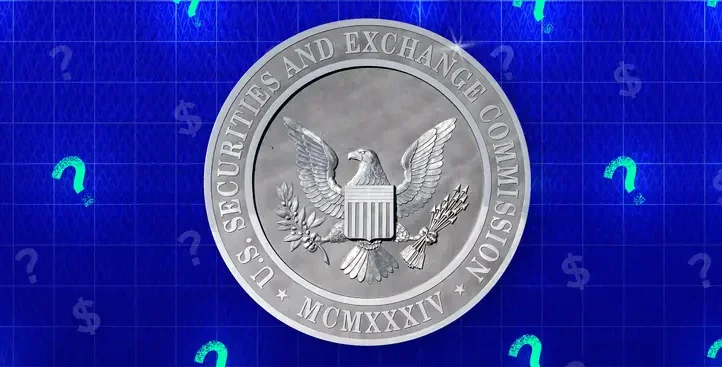A US Appeals Court invalidated a Securities and Exchange Commission (SEC) rule involving hedge funds and private equity firms, saying it exceeded its congressional authority.

The case rebukes the regulator’s assertion of congressional authority over the sector. In recent years, vocal detractors of the regulator in the crypto industry have also expressed comparable criticism.
On June 5, the two-judge panel of the Fifth Circuit Court of Appeals unanimously rendered a decision in favor of the SEC. The rule enacted in August was challenged by six industry groups, who contended that it would significantly alter the sector’s operations and increase compliance costs.
Judge Kurt Engelhardt wrote on behalf of the three justices that the SEC “surpassed its statutory authority.” Promulgation of the Final Rule was unlawful; therefore, it is inadmissible.
The 656-page rule mandated that funds cease providing special treatment to confident investors, disclose quarterly reports on performance and fees, and conduct yearly audits.
The SEC asserted that the Dodd-Frank Act, enacted to reform the financial sector following the 2008 financial crisis, expanded its authority to supervise private funds.
However, Judge Engelhardt rejected the SEC’s two cited sections of the Act, which it employed to exert control over the sector, stating that “neither section grants the Commission such authority.”
On X, Consensys senior counsel Bill Hughes shared the ruling, stating that “this is the same off-key performance from the SEC that has been the hallmark of these last three-plus years.”
The SEC has asserted that numerous cryptocurrencies are securities within its jurisdiction in a series of lawsuits against crypto firms, defining them using a legal framework known as the Howey test.
Crypto firms have responded by asserting that the SEC lacks the authority to regulate crypto without explicit congressional sanction.
Congress may take action against the SEC, which could alter its purported authority over the U.S. crypto industry.
The House passed the Financial Innovation and Technology for the 21st Century Act (FIT21) in a broad bipartisan vote, which would essentially transfer authority over the crypto industry to the Commodity Futures Trading Commission.
In addition, the SEC could only survive due to President Joe Biden’s veto of a resolution that repealed Staff Accounting Bulletin (SAB) 121, which prohibited banks from owning cryptocurrency.
There was bipartisan support in both the House and Senate for the Congressional resolution to repeal SAB 121.
